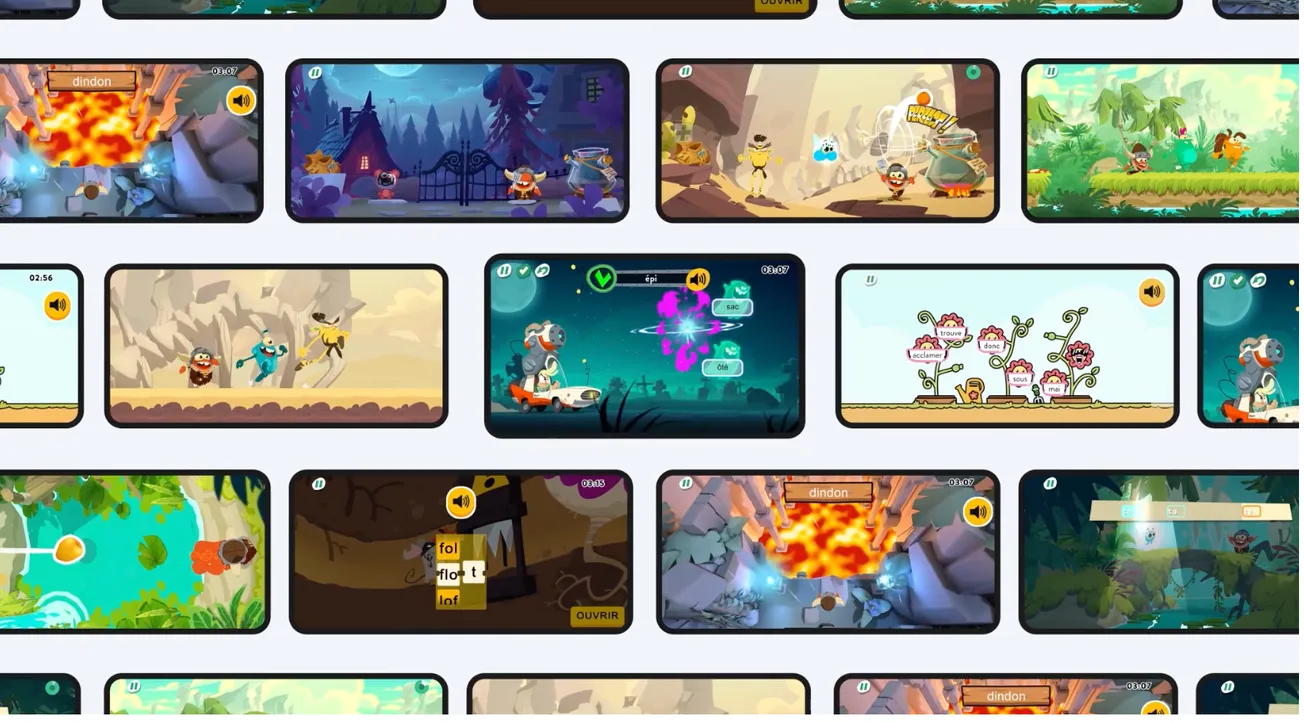Turning Therapy Into Play: Neurotech Poppins Combines Music And Data For Dyslexia Treatment
The startup has just raised €5 million to scale its science-backed app helping children with dyslexia through music and gaming. Already used by 4,000+ families in France, the startup has set its sights on the U.S. to bring accessible, playful therapy to more kids.








